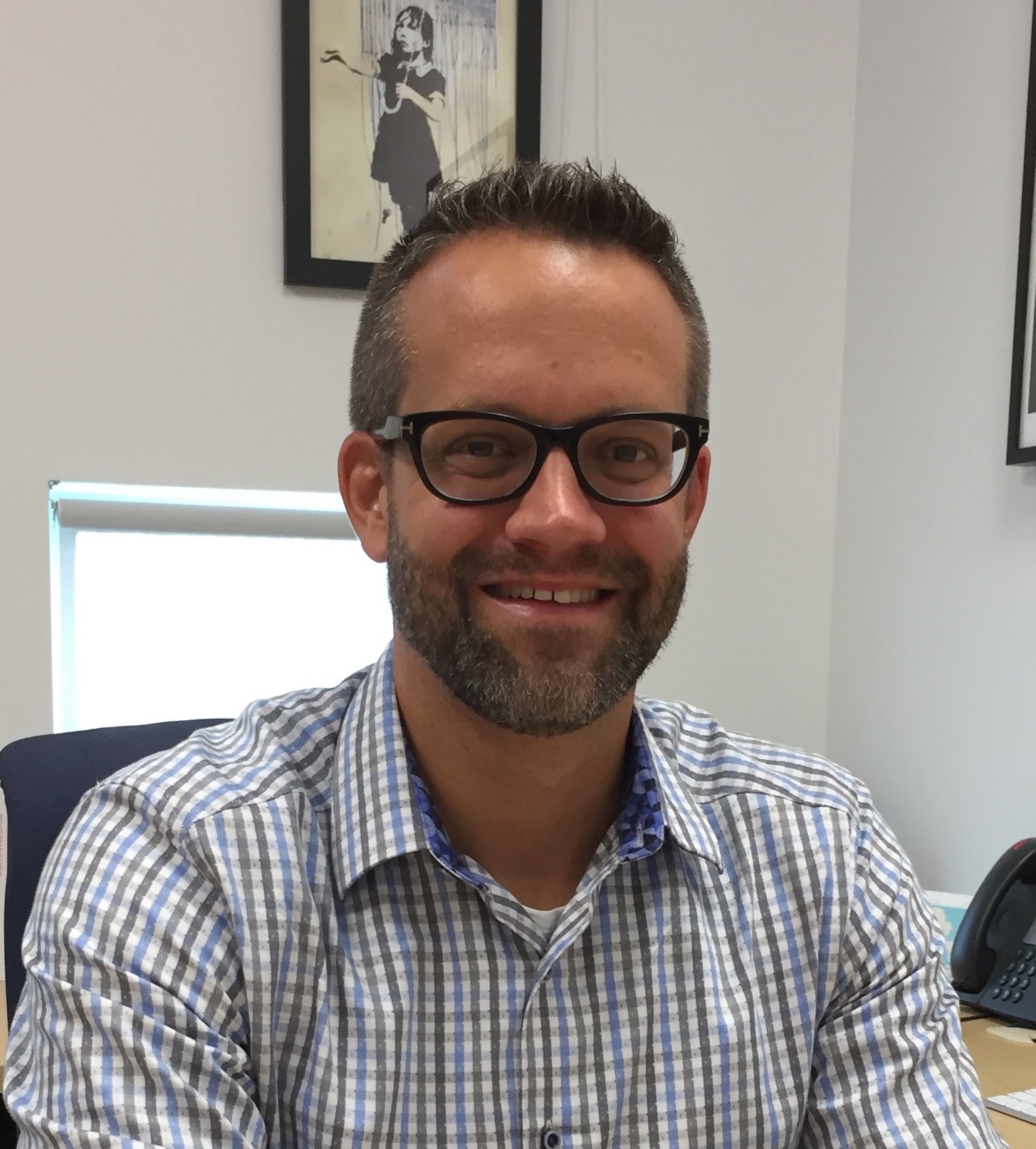Bio
Dr. Grove's research works across political geography, security studies, and nature-society theory to study the biopolitics of disaster management and climate change adaptation. Thus broadly concerned with two interconnected movements: on the one hand, powers over life: the continual efforts of governmental interventions to regulate and control how people can understand and adapt to environmental change and surprise. On the other hand, powers of life: the ways that individuals' and communities' everyday practice continually exceeds this governmental reach. To study powers over life, Dr. Grove explores how disaster management and climate change adaptation initiatives attempt to govern populations through social and ecological uncertainty and surprise. Numerous of his peer-reviewed articles have been published in outlets such as the Annals of the Association of American Geographers, Security Dialogue, Geopolitics and Environment and Planning D: Society and Space demonstrate how techniques such as community-based disaster management and catastrophe insurance attempt to regulate individuals' and communities' inherent creativity and adaptability.To study powers of life, Dr. Grove explores how resilience-building initiatives constantly run up against the limits of target populations' adaptability and creativity. His ethnographic research in Jamaica draws on Caribbean subaltern studies literature to show how the implementation of resilience programming is often a fractured and disjointed process in which project managers constantly adjust their delivery as they interact with people in the field. By drawing attention to the ways that life exceeds power, his research strives to re-contextualize adaptive capacity. At stake here is the ability to approach resilience as what Felix Guattari calls an ethico-aesthetic practice: a creative style of experimentation over how to live within, and possibly against, the socio-ecological insecurities of contemporary neoliberal order. Recognizing this partiality is the first step towards developing new kinds of collaborative interventions between academics and research subjects that creatively address the myriad social, political economic, and environmental insecurities marginalized peoples face in their everyday lives.
